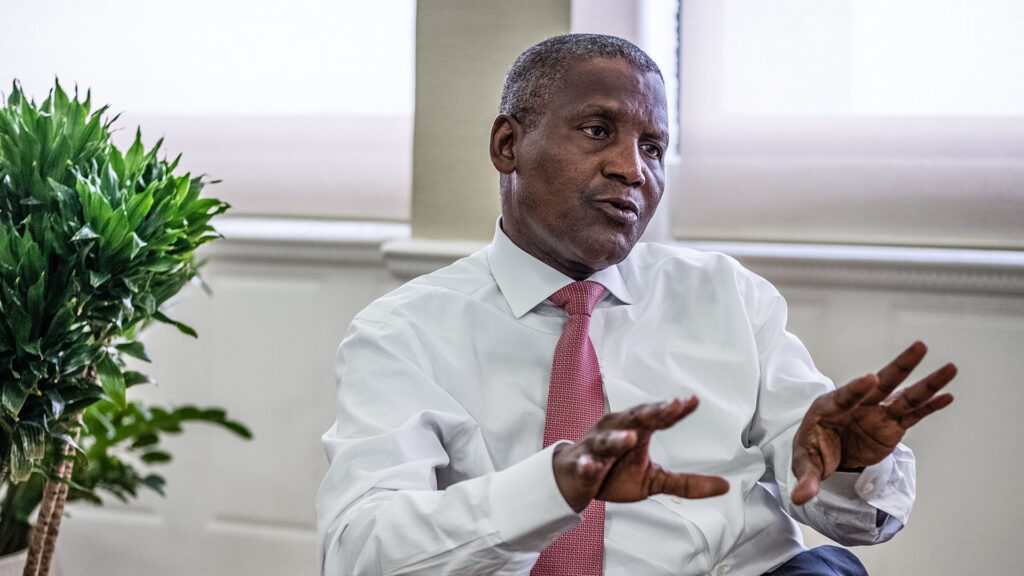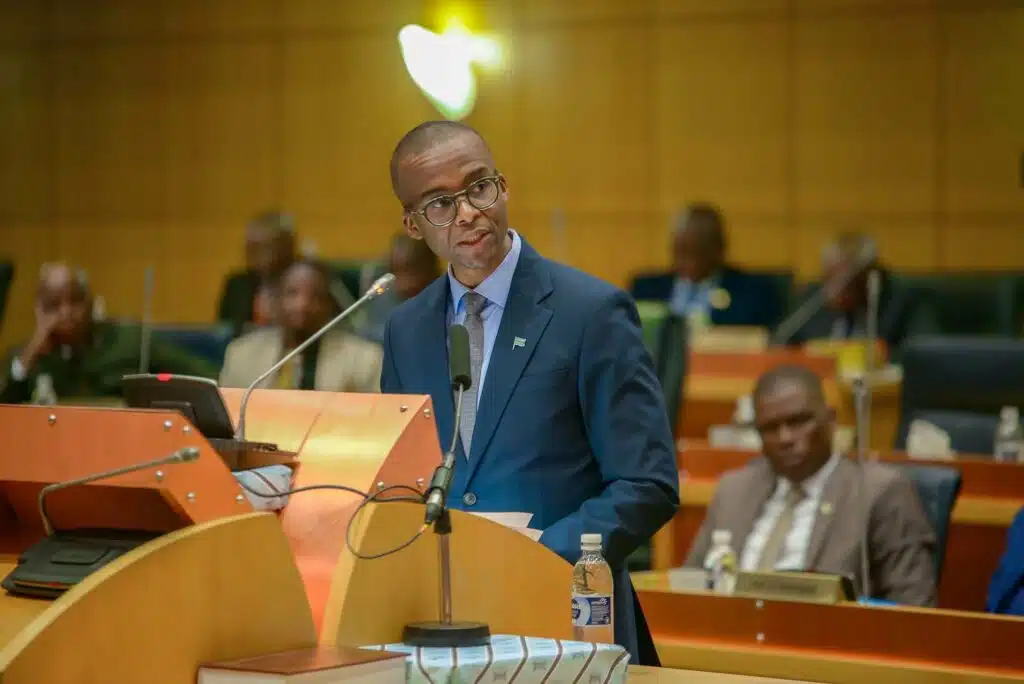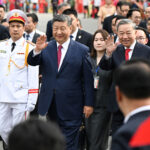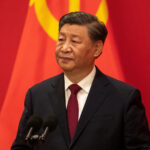Dangote Refinery Reshapes Nigeria’s Industrial Landscape: NNPC Stake Clarified, IPO Plans Unveiled
LAGOS, July 15 – In a revelation that has caught the attention of Nigeria’s business community, Aliko Dangote, Africa’s wealthiest individual and President of Dangote Group, has clarified the ownership structure of the recently commissioned Dangote Refinery.
Contrary to widespread belief, the Nigerian National Petroleum Company Limited (NNPC) holds a 7.2% stake in the facility, not the previously reported 20%.
Ownership Clarification and Strategic Implications
During a media tour of the 650,000 barrels per day (bpd) refinery, Dangote explained the evolution of NNPC’s stake: “The agreement we had with the NNPC was actually 20 percent, but they didn’t pay the balance of the money as at last year. Then we gave them another extension up till June this year, but they later said they would remain with what they have already paid, which is 7.2 percent.”
This clarification has significant implications for Nigeria’s oil and gas sector. It demonstrates the complexities of public-private partnerships in large-scale industrial projects and highlights the financial constraints faced by state-owned enterprises in participating in such ventures.
NNPC’s Perspective and Industry Context
NNPC’s Chief Corporate Communications Officer, Olufemi Soneye, provided additional context, stating that the decision to cap investment at 7.2% was a “commercial decision.”
This move reflects the ongoing transformation of NNPC from a state-owned corporation to a more commercially oriented entity, balancing strategic national interests with financial prudence.
Refinery Specifications and Economic Impact
The Dangote Refinery, situated in the Dangote Industries Free Zone in Lbeju-Lekki, Lagos, is a marvel of modern engineering. Spanning approximately 2,635 hectares, it includes an 838 KTPA polypropylene plant.
The facility’s scale and capabilities position it to potentially meet 100% of Nigeria’s liquid petroleum product requirements, with surplus for export.
Dangote highlighted the refinery’s flexibility, noting its ability to process a wide variety of crude oils, including African, Middle Eastern, and US Light Tight Oil. This versatility is crucial in today’s volatile global oil markets, allowing the refinery to adapt to changing supply dynamics and optimize its operations.
IPO Plans: A Game-Changer for Nigerian Capital Markets
In a move that could significantly impact Nigeria’s capital markets, Dangote announced plans to list both the Dangote Refinery and Petrochemicals Limited and the Dangote Fertiliser Plant on the Nigerian Exchange Limited. The target date for this initial public offering (IPO) is set for the first quarter of 2025.
“We are targeting end of this year and worst case we should be able to list them by the end of the first quarter of next year, so that we can sell shares to Nigerians. That is what we are planning,” Dangote stated.
This move could potentially become one of the largest IPOs in African history, offering Nigerian investors unprecedented access to the country’s industrial backbone.
Ambitious Growth Targets and Export Strategy
Dangote Group’s vision extends beyond the refinery. The conglomerate aims to grow its revenues six-fold, from $5.4 billion in 2022 to approximately $30 billion by 2025. This ambitious target includes diversifying revenue streams, with plans for 15% of revenue to come from the cement business and 70% from foreign exchange earnings.
The group’s export strategy is particularly noteworthy. “We have the capacity to export eight million tons of clinker from our two terminals,” Dangote explained.
“What we are trying to do is to totally get ourselves out of the demand of foreign exchange from the Central Bank of Nigeria and be the biggest supplier of foreign exchange in the foreign exchange market.”

Challenges and Future Outlook
Despite the optimism, Dangote did not shy away from acknowledging the challenges faced during the refinery’s development. “We didn’t know the magnitude of what we were getting into,” he admitted, hinting at the complexities of large-scale industrial projects in Africa.
Looking ahead, Dangote emphasized the need for policy consistency from the government to encourage further investments. He also highlighted ongoing projects in the gas sector, contingent on government support and regulatory clarity.
Industry Impact
The Dangote Refinery represents a paradigm shift in Nigeria’s industrial landscape. Its potential to transform the country from a net importer of refined petroleum products to a net exporter could have far-reaching economic implications.
The planned IPO, if successful, could inject new vigor into Nigeria’s capital markets and set a precedent for other large-scale industrial projects in Africa.
As Nigeria navigates its economic challenges, the Dangote Refinery stands as a testament to the potential of homegrown solutions and the critical role of private sector investment in driving industrial growth. The coming years will be crucial in determining whether this ambitious project can fully deliver on its promises and catalyze a new era of industrial development in Africa’s largest economy.







